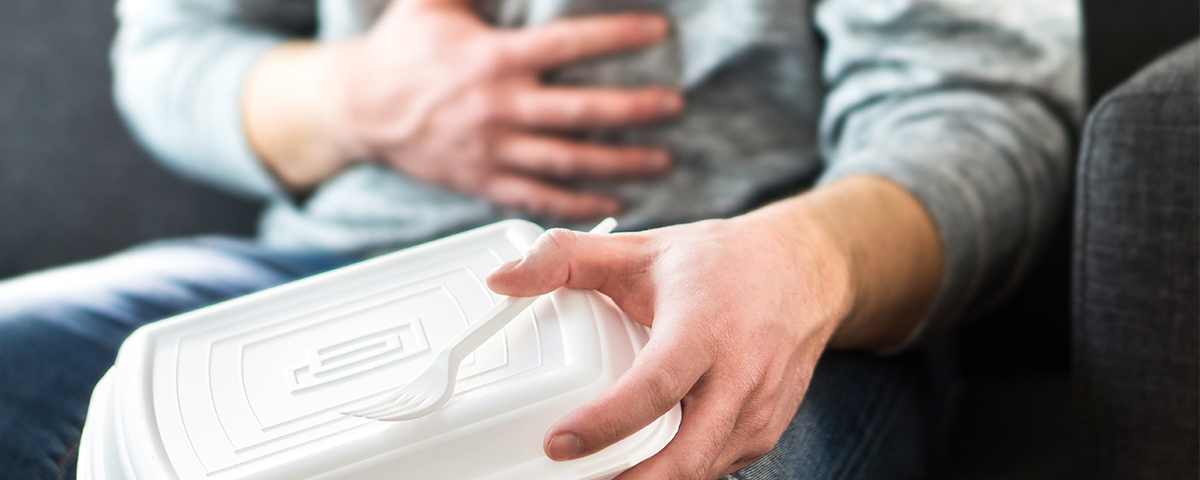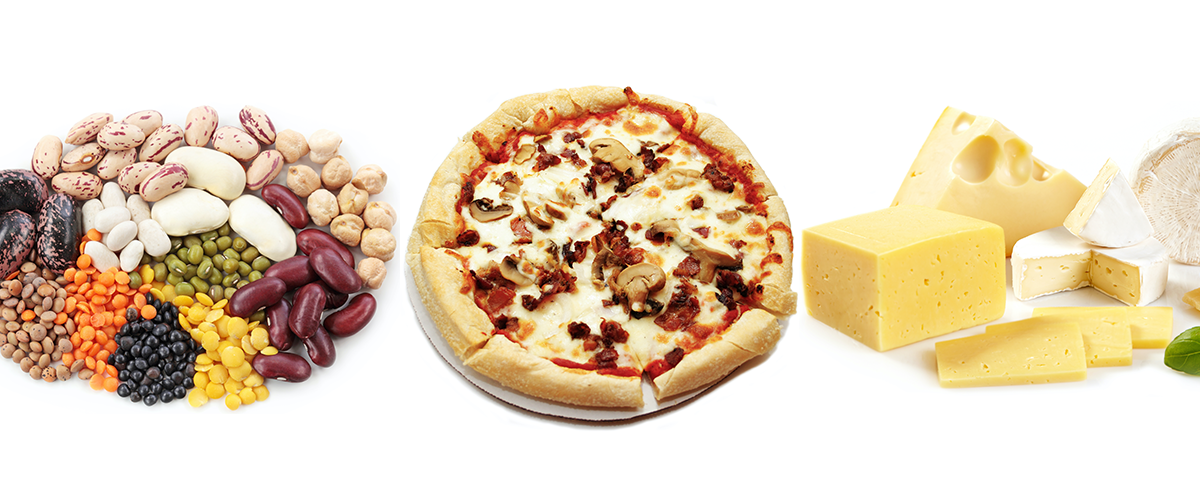Reducing gas after bariatric weight loss surgery

Having gas is a normal part of life. But, after weight loss surgery, you might find that you’re experiencing it more than usual (especially after the gastric bypass).
While it’s not usually a concerning side effect (always report unexpected pain or discomfort to your doctor), it can be annoying and embarrassing.
Luckily, there are plenty of things you can do to help reduce gas after bariatric weight loss surgery. Read on to find out our tips.
What can cause gas – especially after weight loss surgery?
Food
The kind of food you eat plays a role in causing gas. After weight loss surgery, you’ll most likely be eating different foods to what you were eating previously. You may have to relearn what foods trigger gas for your body.
There are also some foods that cause gas in most people – we’ll talk about those later.
Swallowing air
Were you a fast eater before your weight loss surgery? Eating too quickly can cause you to swallow air, which can lead to gassiness.
Modified digestion
There are changes that happen to your body’s processes due to weight loss surgery. Some your body will naturally adapt to over time, and others will require you to change certain behaviours.
Malabsorption occurs after weight loss surgery because food and nutrients are not as well absorbed as they were before surgery. When food that has not been digested properly enters the colon, enzymes and gut bacteria may not adequately absorb it, which can cause gas.

Tips to reduce gas after bariatric weight loss surgery
- Avoid eating quickly and chewing gum – Both of these actions can cause you to swallow air, which can lead to gas.
- Limit consumption of carbonated drinks – These already contain gas, so are definitely not helpful in reducing your own gas!
- Chew your food thoroughly – This will take some stress off your digestive system, allowing food and nutrients to be absorbed easier (reduces malabsorption).
- Drink plenty of water – Digestion is also easier if you are well-hydrated.
- Eat smaller meals more frequently – Rather than 3 large ones. Again, this makes your digestive system’s job a lot easier.
- Limit consumption of certain foods – These foods have been found to cause gas:
- Greasy and/or spicy foods
- Legumes (beans, peas, chickpeas)
- Dairy products (with lactose)
- Dried fruits (raisins and prunes)
- Foods high in insoluble fibre (seeds and husks)
- Certain fruits (apples, apricots, peaches and pears)
- Certain vegetables (carrot, eggplant, onion, Brussel sprouts and cabbage)
By no means is this list exhaustive or strict. What works for your body might differ from someone else’s. Trial and error is the best way to discover what foods suit your body.
- Speak to your surgeon/doctor about medications – If after trying these avenues you are still suffering from excessive gas, it might be worth talking to your doctor or surgeon about trying some medication (even if it is over-the-counter).

Always consult your surgeon or doctor
If you have any concerns about the amount of gas you’re suffering from of if you’re feeling any associated pain, always contact your surgeon or doctor. At Emerge, we’re with you ever step of the way, and Dr Padovan is an extremely experienced surgeon with a depth of knowledge on all potential side-effects.
Get in touch with us today
Never hesitate to contact our Emerge team on (08) 9544 5200. Whether you’ve just started thinking about undergoing bariatric weight loss surgery or you’re in your post-op phase, we encourage you to come to us with any questions or concerns.
Looking forward to hearing from you.



